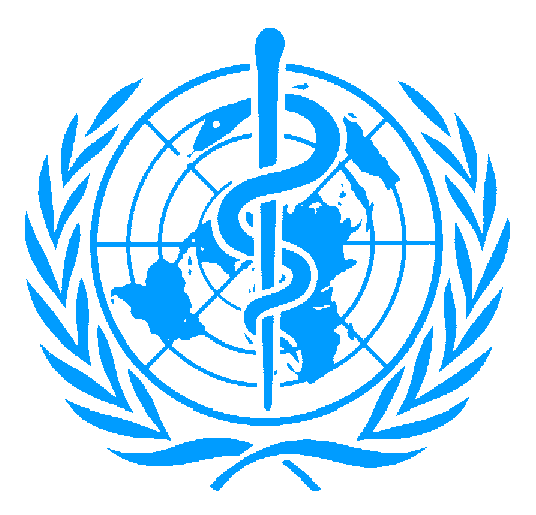Trying to work with the WHO

A grouping of members of the international vaping industry and campaigners has vowed to continue to try to engage with the World Health Organization’s tobacco control group.
This is despite the group’s calls for reform having been ignored by the WHO during its biennial Conference of the Parties (COP8) to the Framework Convention on Tobacco Control that was held in Geneva earlier this month.
Organisations from 16 countries across North America, Europe, Asia and Australasia, led by the UK Vaping Industry Association (UKVIA), had signed a joint call to action addressed to the WHO asking it to treat tobacco and vaping regulation separately.
‘Since gathering in 2016, the WHO tobacco control group has encouraged member states to ban vaping products outright as part of a tobacco control plan, despite acknowledging the contribution which vaping could make to reducing global smoking rates,’ the grouping said in a press note co-ordinated by the UKVIA.
‘This position is not only at odds with countries who advocate smokers switching to vaping as part of their harm-reduction strategies – such as the UK and New Zealand – but could also open the door to potential vaping bans worldwide. Some have argued that it is also undermining progress in countries where e-cigarettes are used as an effective harm-reduction tool.
‘In spite of attempts to open a dialogue with the tobacco control group, journalists and industry were shut out of the COP8 proceedings.
‘The tobacco control group has also refused to differentiate between vaping products and tobacco products according to a report of the COP8 session. Its spokesmen have since declared that many new products marketed as smoke-free and heat-no-burn were creating confusion among consumers, “leading them to believe that they are safer to use [ than cigarettes], even though there is no independent research confirming it”.
‘Persisting in this position contradicts an ever-increasing number of independent scientific studies showing that vaping products are an effective smoking cessation tool which is less harmful than traditional tobacco products. These include reports from Public Health England, Action on Smoking & Health, the Royal College of Physicians, Cancer Research UK and the Adam Smith Institute in the UK alone.
‘The WHO’s reticence to reform its policy also stands in stark contradiction to the UK Government’s positioning on vaping products since earlier this year. In a review of the evidence to have emerged since 2015, the Department of Health concluded that regulations needed to balance the risks of vaping products with their potential benefits and that restrictions on communicating these potential benefits when compared with tobacco products should be reconsidered.
“We and our international co-signatories are extremely disappointed that the WHO tobacco control group is refusing to support harm reduction as part of its global smoking cessation strategy,” said Lizi Jenkins, a member of the UKVIA’s COP working group and head of regulatory affairs at BSMW, the e-liquid manufacturer Blend & Bottle. “By refusing to acknowledge the wealth of scientific evidence demonstrating that vaping is less harmful than smoking and is helping smokers to quit tobacco, it is doing an active disservice to public health.”
